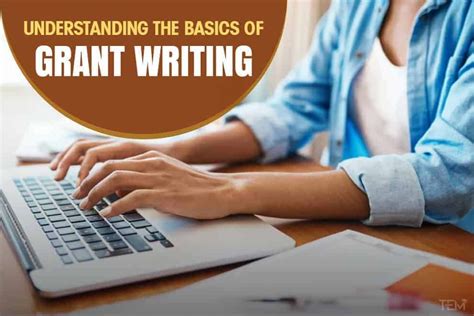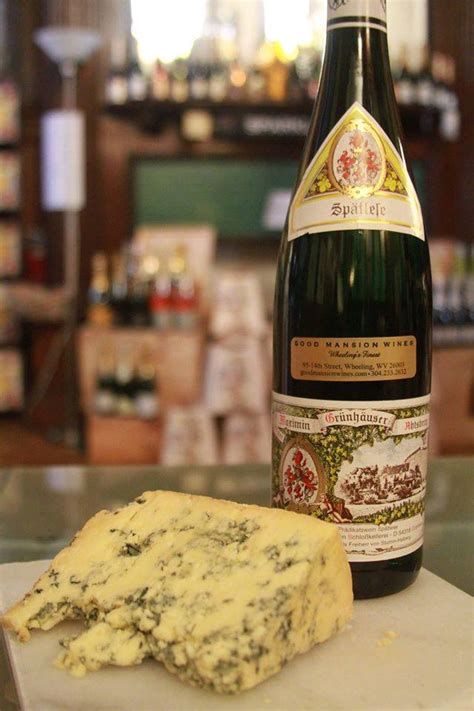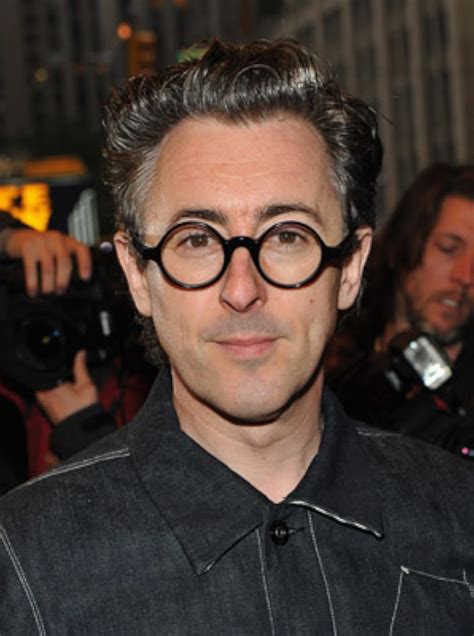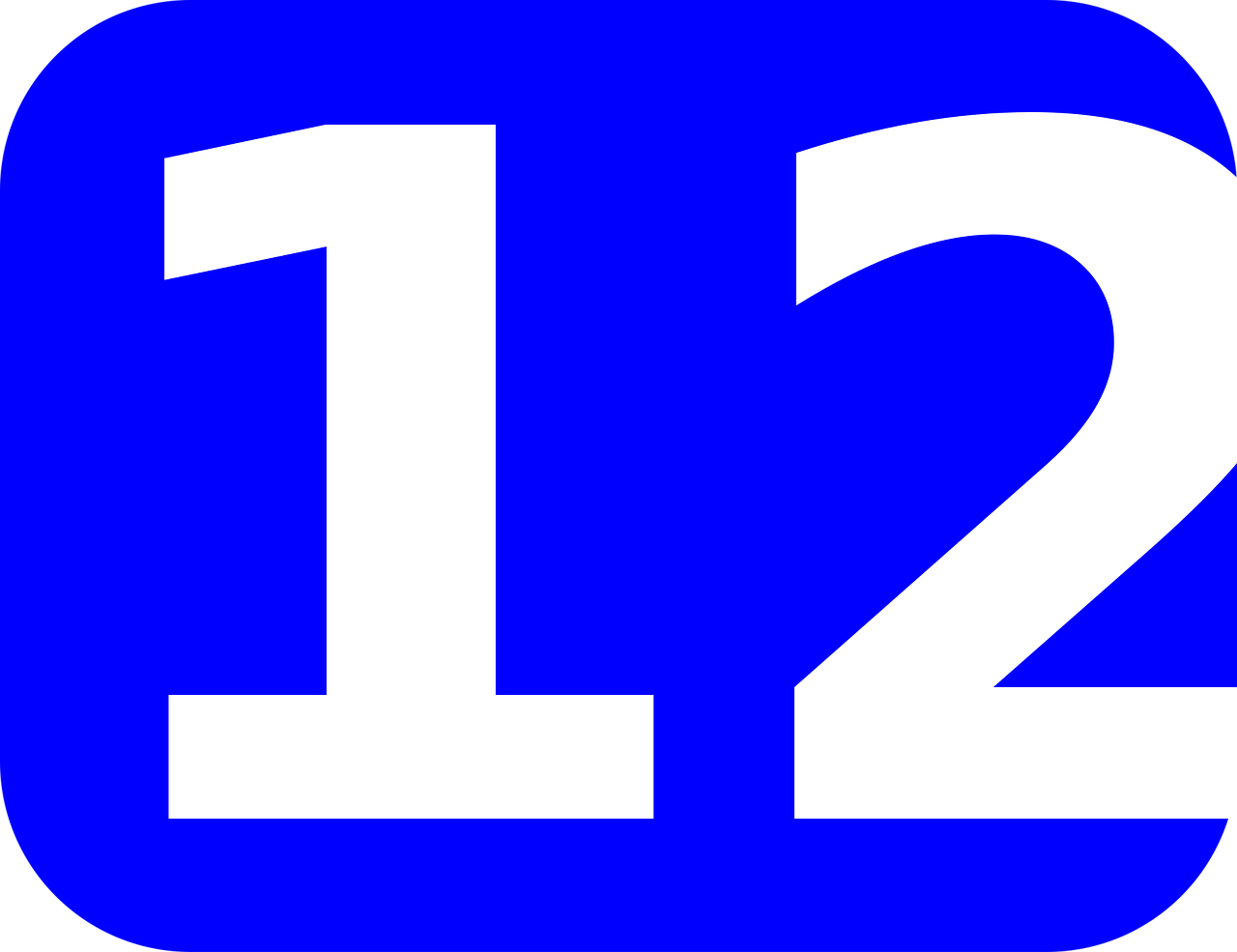The world of festival planning is a dazzling realm of creativity and community, where the air is alive with the sound of music, the scent of delicious food, and the thrill of discovery. However, behind the glittering facade of a successful festival lies a complex web of logistics, finances, and planning. For many festival organizers, the key to unlocking the doors to a thriving event is the art of grant writing. In this comprehensive guide, we will delve into the realm of grant writing secrets, exploring the expert strategies and techniques that can help you secure the funding you need to bring your festival vision to life.
At the heart of every successful grant application is a deep understanding of the funding landscape. With countless grants available, each with its unique eligibility criteria, application process, and review protocol, navigating this complex terrain can be a daunting task. To help you find your footing, let’s begin with a foundational principle: knowing your funder. Take the time to research the grant-making organization, familiarizing yourself with their mission, values, and priorities. This will enable you to tailor your application, ensuring that your festival aligns with the funder’s objectives and increases your chances of securing the grant.
Once you have identified a potential funder, it’s essential to develop a compelling proposal narrative. This is your opportunity to tell the story of your festival, to convey the passion, creativity, and community spirit that drives your event. Your narrative should be engaging, informative, and concise, providing a clear overview of your festival’s goals, target audience, and expected outcomes. To illustrate this point, consider the example of the Portland Jazz Festival, which successfully secured funding by highlighting its commitment to showcasing local talent, promoting cultural diversity, and providing educational workshops for underprivileged youth.
In addition to a strong narrative, a detailed budget is crucial to the success of your grant application. This should include a comprehensive breakdown of your festival’s expenses, including venue rental, talent fees, marketing, and logistics. Be sure to also outline your revenue streams, such as ticket sales, sponsorships, and concessions. A well-crafted budget demonstrates your financial acumen and responsibility, instilling confidence in the funder that their investment will be wisely utilized. For instance, the SXSW Festival in Austin, Texas, has developed a reputation for meticulous budgeting, ensuring that their event remains financially sustainable while continuing to showcase the best in music, film, and interactive media.
Another vital aspect of grant writing is building partnerships and collaborations. Festivals are often complex events that require the involvement of multiple stakeholders, including local businesses, community groups, and government agencies. By establishing strong relationships with these partners, you can leverage their resources, expertise, and networks to enhance your festival’s impact and appeal. This, in turn, can strengthen your grant application, demonstrating to the funder that your event has a broad base of support and is unlikely to be a sole beneficiary of their funding. The Coachella Valley Music and Arts Festival, for example, has formed strategic partnerships with local hotels, restaurants, and transportation providers, creating a seamless and enjoyable experience for attendees while generating significant economic benefits for the region.
Now, let’s explore some advanced grant writing strategies that can help you stand out from the competition. One technique is to incorporate data and statistics into your application, providing evidence of your festival’s past successes and potential for future growth. This could include attendance figures, revenue projections, and demographic analyses of your target audience. By presenting a robust and data-driven case, you can demonstrate to the funder that your event is a sound investment, with a high likelihood of achieving its stated objectives and delivering a strong return on investment. The Bonnaroo Music and Arts Festival, for instance, has used data analytics to optimize its ticket pricing, scheduling, and marketing efforts, resulting in consistent sell-out crowds and increased revenue.
In the realm of grant writing, evaluation and assessment are critical components of a successful application. Funders want to know that their investment will have a meaningful and lasting impact, and that you have a clear plan in place to measure and evaluate the outcomes of your festival. This could involve conducting surveys, focus groups, or other forms of feedback gathering, as well as establishing key performance indicators (KPIs) to track your event’s progress and success. By demonstrating a commitment to evaluation and assessment, you can reassure the funder that their grant will be used effectively, and that you are dedicated to continuous improvement and growth. The Austin City Limits Music Festival, for example, has implemented a comprehensive evaluation framework, using data from attendee surveys, social media, and economic impact studies to inform its programming, marketing, and operational decisions.
As we delve deeper into the world of grant writing, it’s essential to stay up-to-date with the latest trends and best practices. This could involve attending workshops, conferences, and webinars, as well as participating in online forums and discussion groups. By staying informed and connected, you can stay ahead of the curve, identifying new funding opportunities and refining your grant writing skills to ensure the long-term sustainability of your festival. The Glastonbury Festival, for instance, has established itself as a leader in the festival industry, continually innovating and adapting to changing trends and audience preferences while maintaining its commitment to environmental sustainability and social responsibility.
In conclusion, the art of grant writing is a complex and multifaceted field, requiring a deep understanding of the funding landscape, a compelling proposal narrative, and a detailed budget. By incorporating data and statistics, building partnerships and collaborations, and staying up-to-date with the latest trends and best practices, you can increase your chances of securing the funding you need to bring your festival vision to life. Remember to always keep your application concise and focused, using clear and compelling language to tell the story of your festival and its potential for growth and success.
What are the key elements of a successful grant application for a festival?
+A successful grant application for a festival should include a compelling proposal narrative, a detailed budget, and a clear evaluation and assessment plan. It's also essential to demonstrate a deep understanding of the funding landscape and to build partnerships and collaborations with key stakeholders.
How can I increase my chances of securing funding for my festival?
+To increase your chances of securing funding for your festival, it's essential to research the grant-making organization, tailor your application to their priorities, and demonstrate a clear understanding of the funding landscape. You should also build partnerships and collaborations with key stakeholders, incorporate data and statistics into your application, and stay up-to-date with the latest trends and best practices.
What are some common mistakes to avoid when writing a grant application for a festival?
+Common mistakes to avoid when writing a grant application for a festival include failing to research the grant-making organization, not tailoring the application to their priorities, and lacking a clear evaluation and assessment plan. You should also avoid using generic language, failing to incorporate data and statistics, and not building partnerships and collaborations with key stakeholders.
By following these grant writing secrets and avoiding common mistakes, you can increase your chances of securing the funding you need to bring your festival vision to life. Remember to stay focused, keep your application concise, and continually refine your grant writing skills to ensure the long-term sustainability of your festival. With persistence, creativity, and a deep understanding of the funding landscape, you can unlock the doors to a thriving and successful festival that will leave a lasting impact on your community and attendees.



